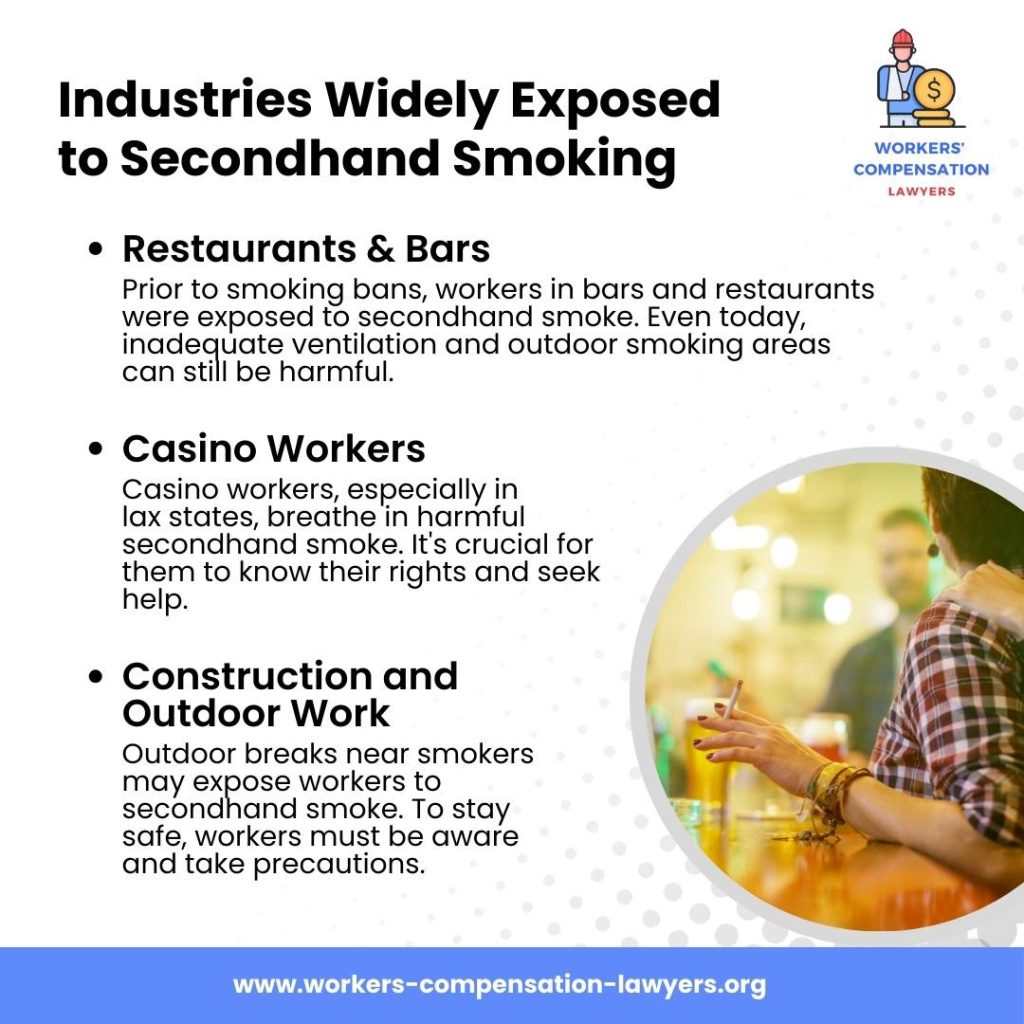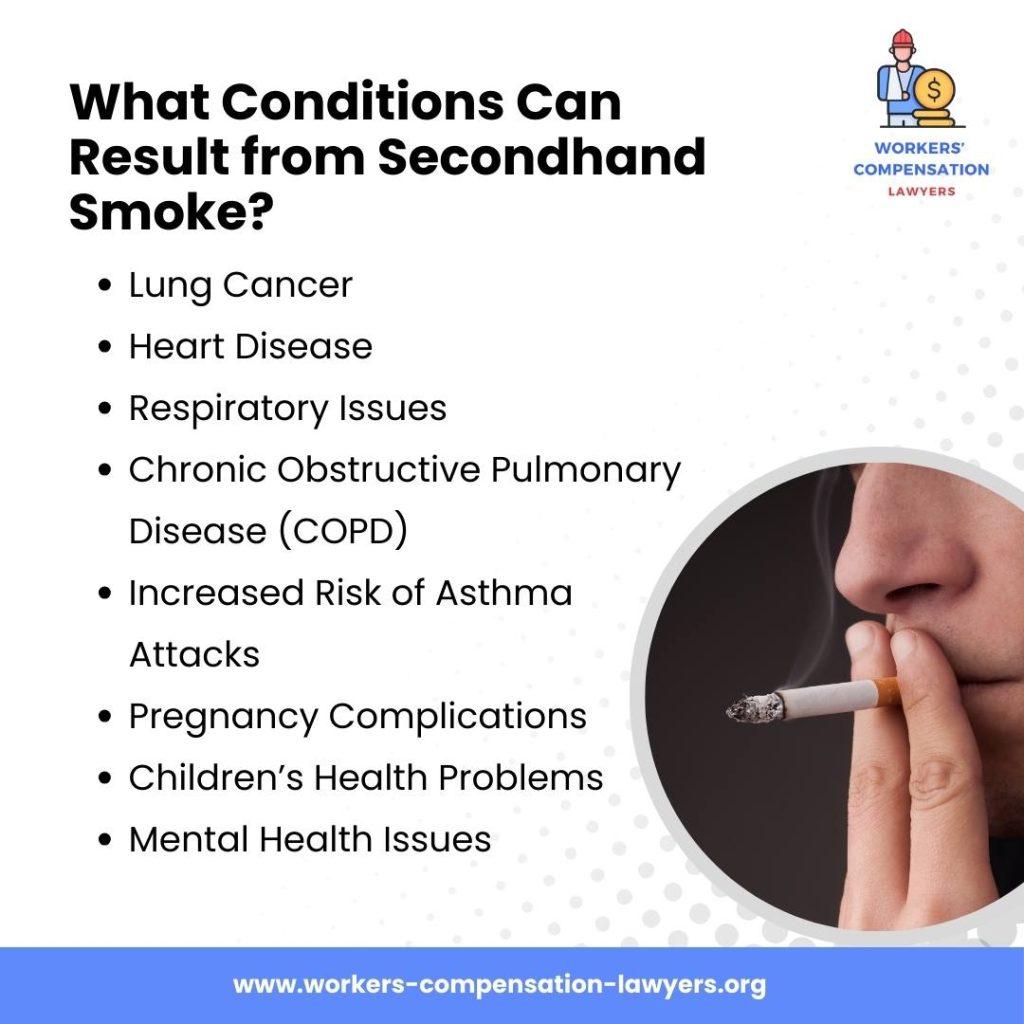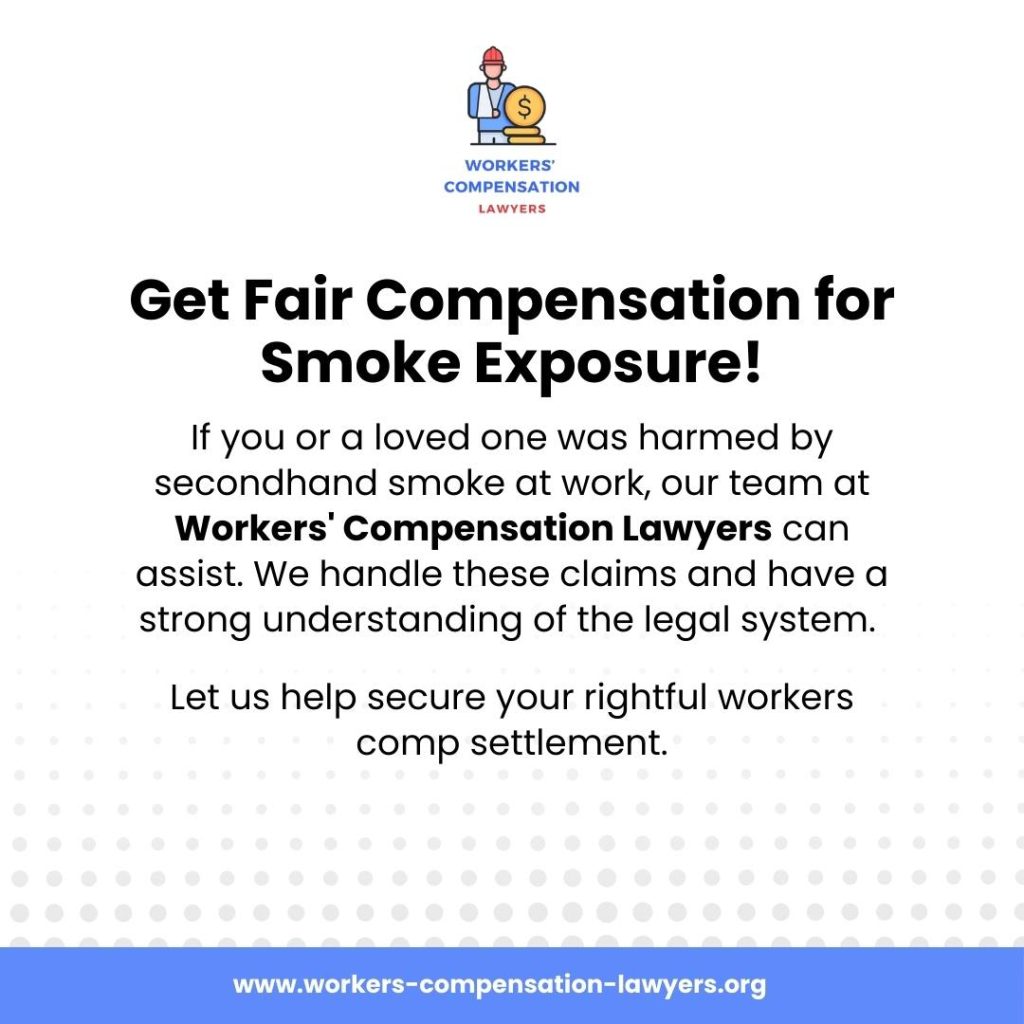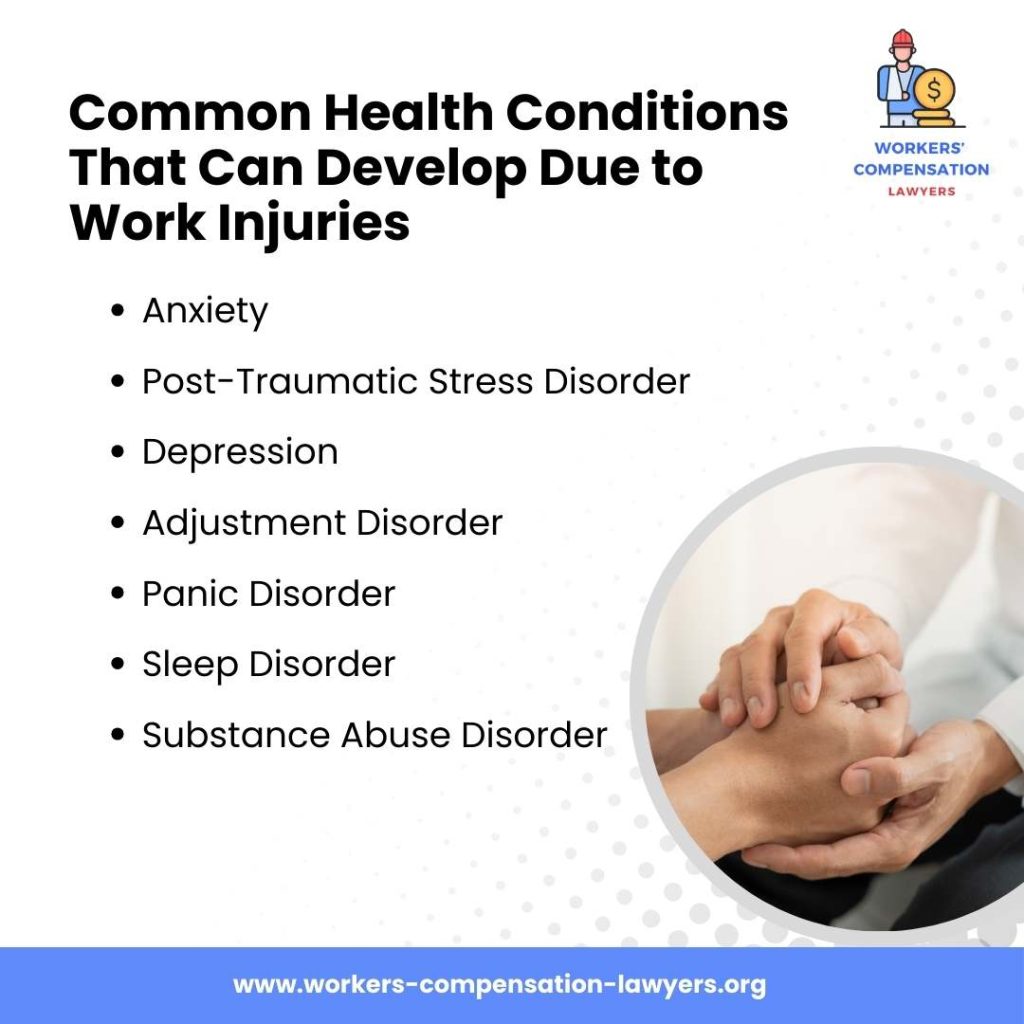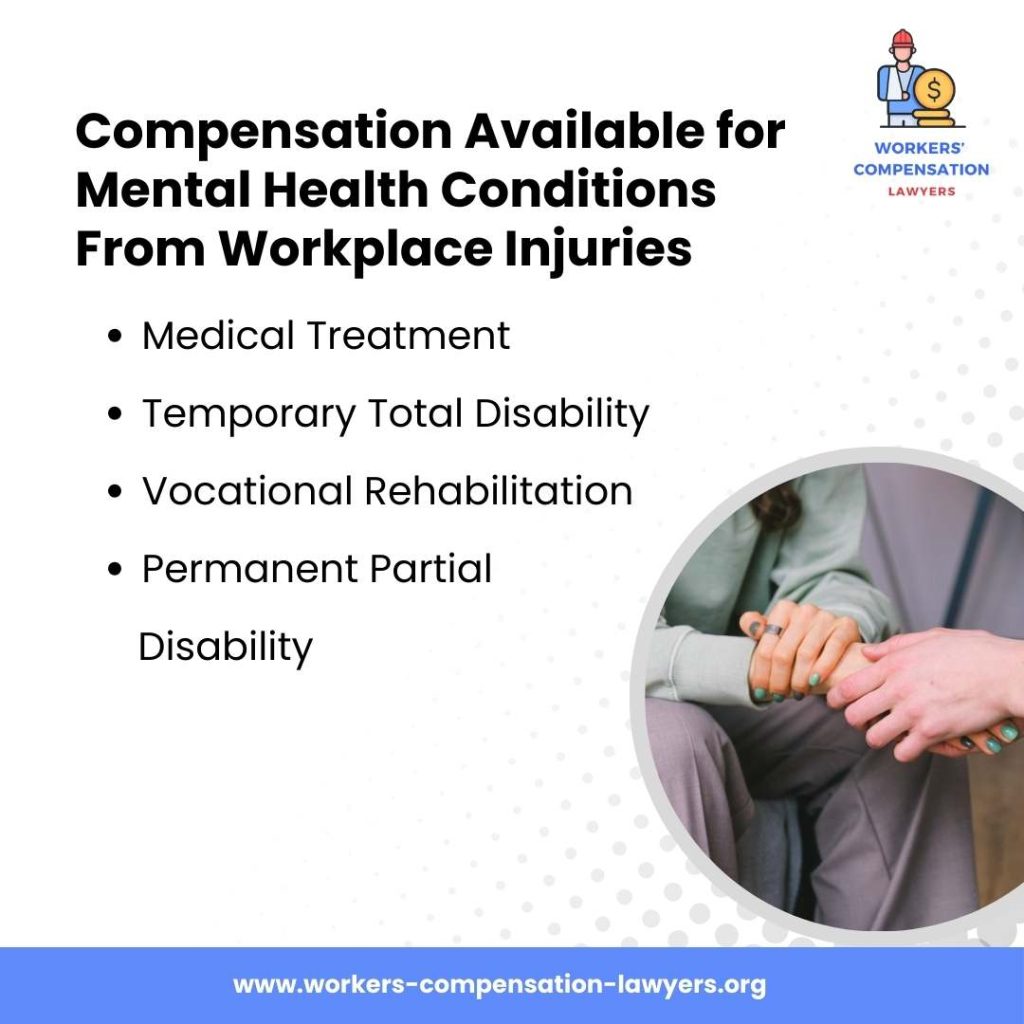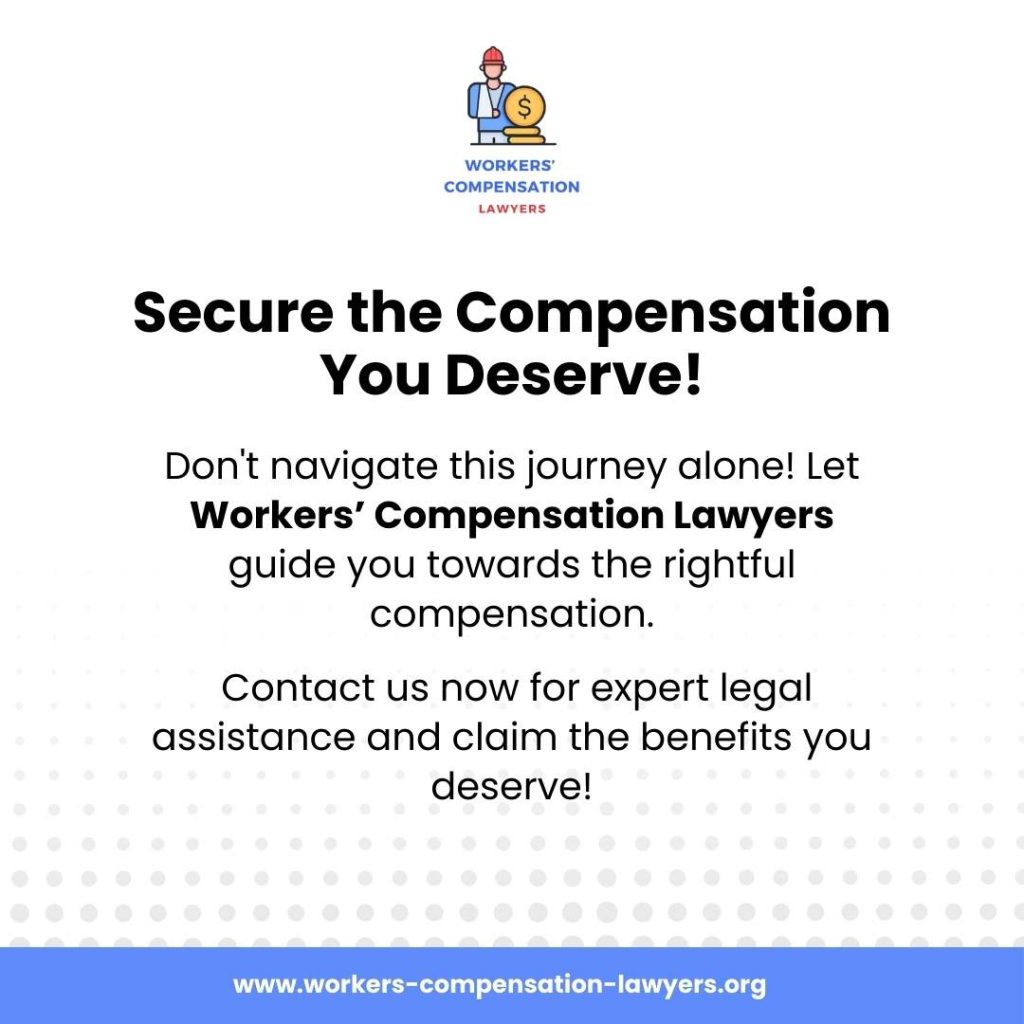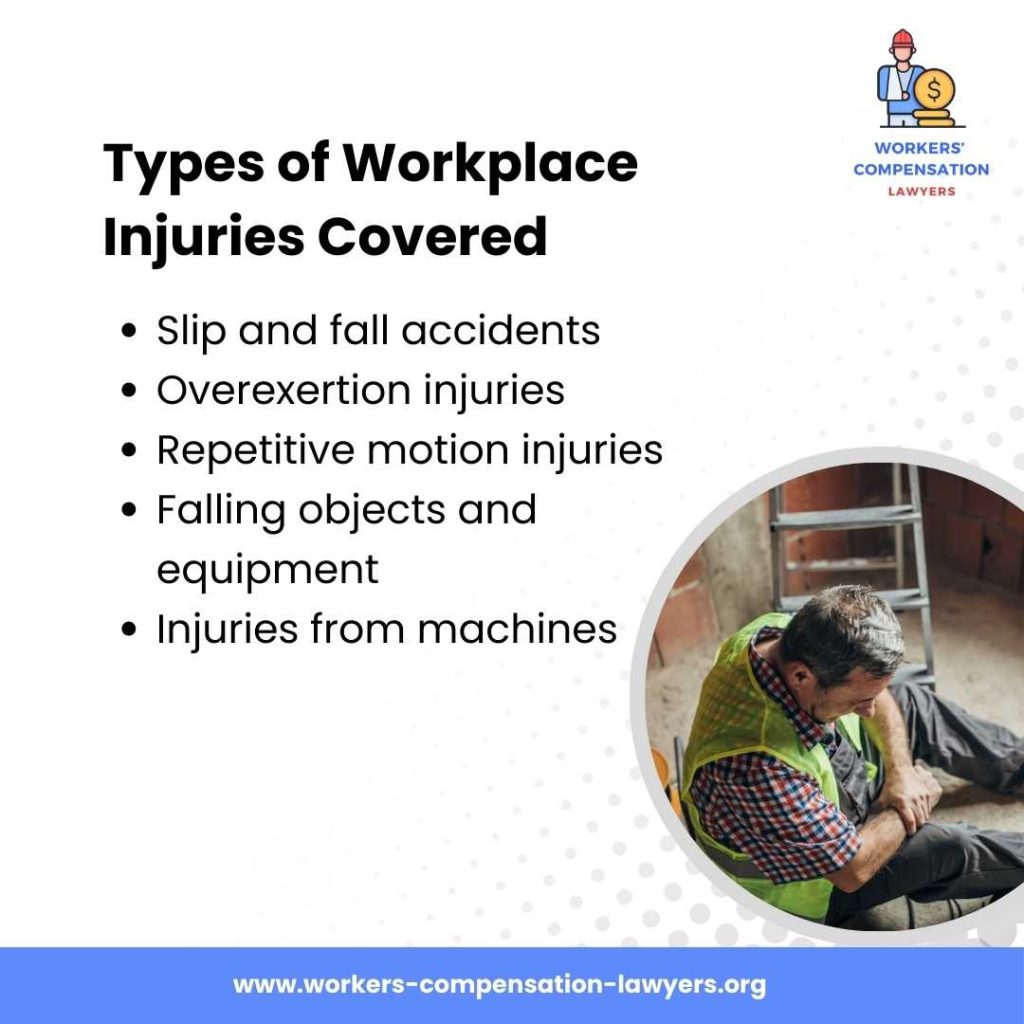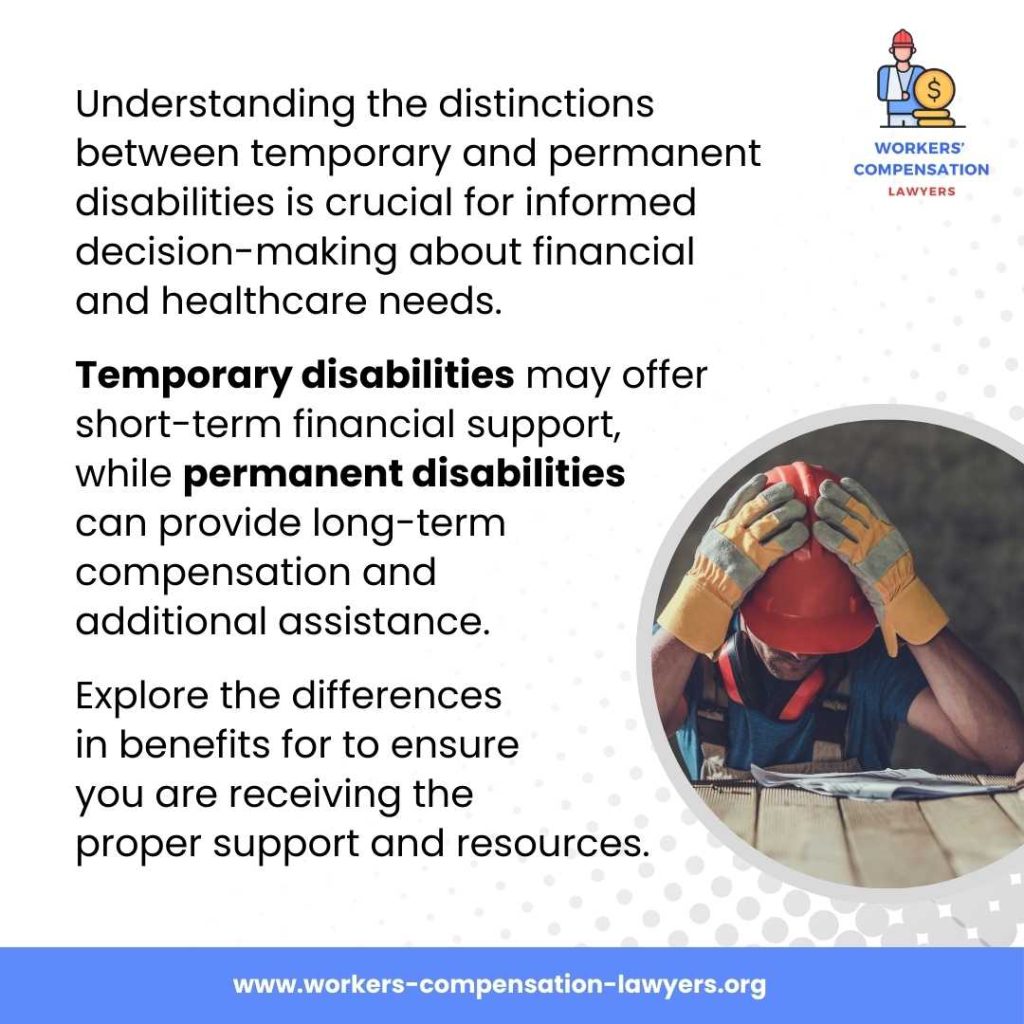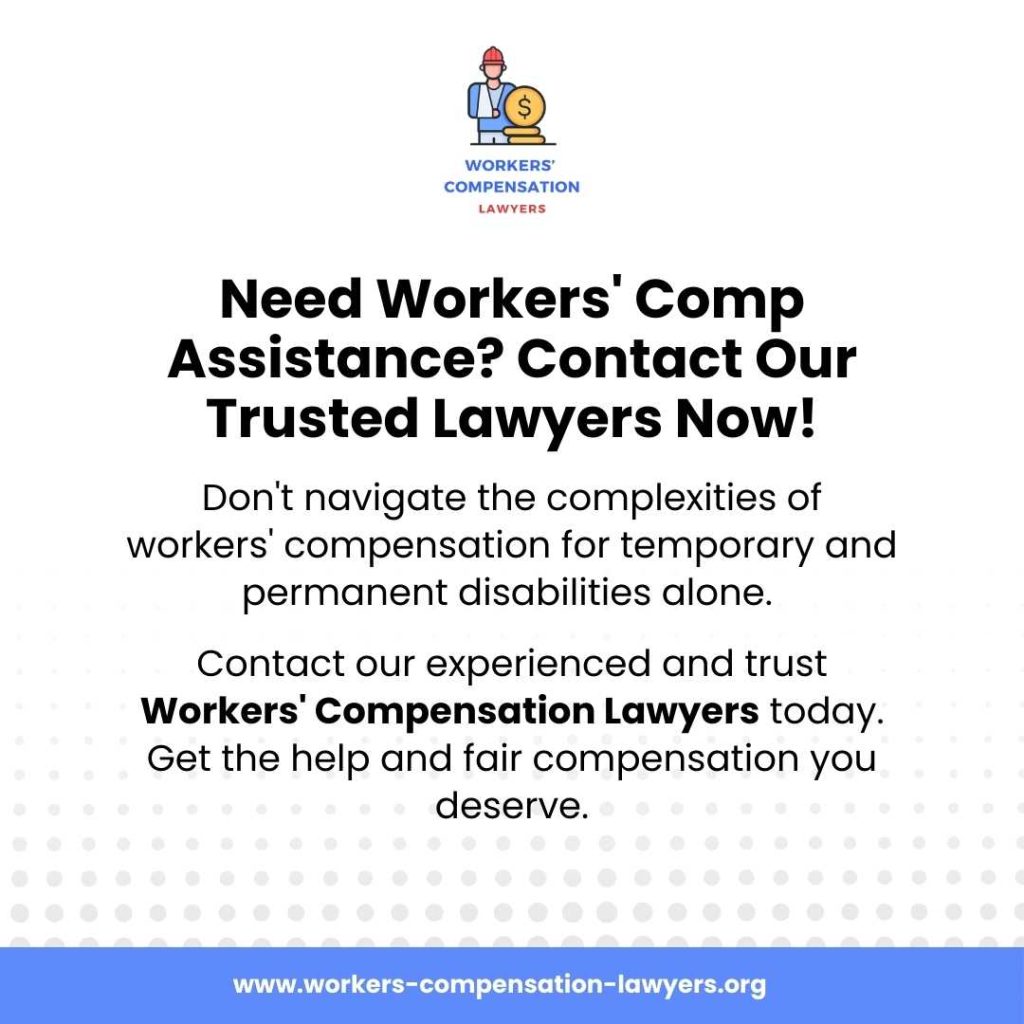Workers' Compensation Fraud: How to Spot It and Report It
Workers' compensation is crucial for employees who get injured on the job. It helps cover medical bills and lost wages and supports workers as they recover. Unfortunately, workers' compensation fraud is becoming more common, harming businesses, insurance companies, and those who genuinely need help. This blog will teach you about workers' compensation fraud, the warning signs to look out for, and how to report it.
Knowing how to spot fraud is essential for dealing with a workers' compensation claim. We will guide you on what to watch for and explain the steps to take if you suspect fraud. Plus, we’ll show you how to get professional legal help for your workers’ compensation claim, ensuring you receive the benefits you deserve.
What Is Workers' Compensation Fraud?
Workers' compensation fraud occurs when someone lies or exaggerates about an injury to collect benefits they aren’t entitled to. This can happen in different ways:
- Employees Faking Injuries: Some employees claim to be injured even though they weren’t hurt at work, or they exaggerate the severity of their injuries.
- Doctors and Lawyers Involved in Fraud: Some crooked doctors and lawyers work together to help employees fake injuries, charging for services never provided or inflating claims to get higher payouts.
- Employer Fraud: Some employers misreport the number of workers on the job or misclassify employee roles to avoid paying the correct insurance premiums.
In these cases, fraudsters exploit the workers' compensation system for personal gain, ultimately harming the business and honest workers who rely on the benefits.
Red Flags of Workers' Compensation Fraud
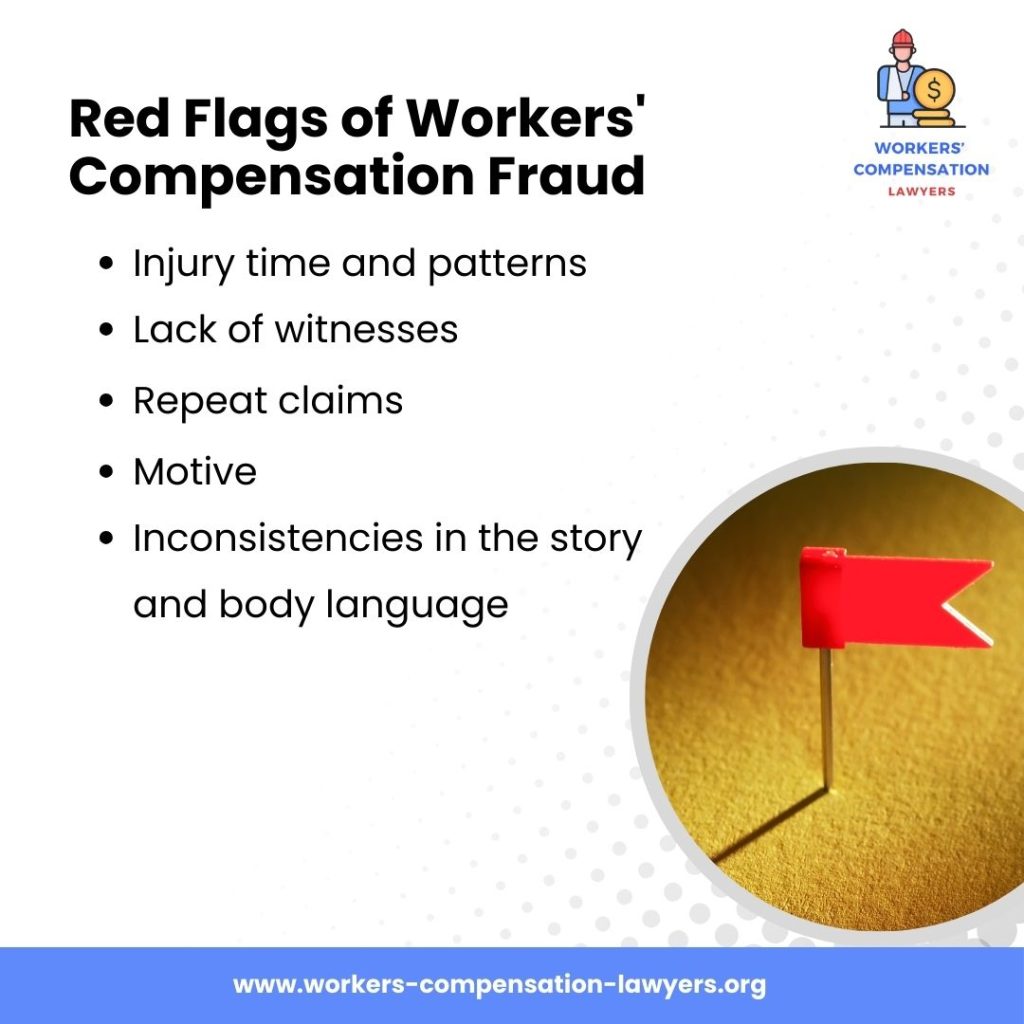
Employers, employees, and even insurance companies must recognize the warning signs of workers' compensation fraud. Here are some of the most common red flags:
- Injury Time and Patterns
One of the most common signs of fraud is when employees file injury reports on Monday mornings, often after weekends or holidays. This could mean that the injury occurred outside of work but is being reported as work-related. Fraudsters claim injuries after a break when they haven’t been at work for a while.
If employees regularly file claims early in the workweek, especially in the mornings, it’s worth investigating further. Asking colleagues if they saw any signs of injury before the reported incident can help determine whether the injury is genuine.
- Lack of Witnesses
Another red flag is the need for witnesses. Employees claiming to be injured when no one else is around may lie. While someone can be hurt without anyone seeing it, if the employee is often alone when accidents are said to happen, it’s a good idea to look into the situation. Fraudulent claims usually take place when no one is around to verify the details.
- Repeat Claims
If an employee files multiple workers' compensation claims over time, it’s worth paying extra attention. Inconsistent or repeated claims can indicate someone is attempting to manipulate the system. If the work environment hasn’t changed since the first injury, another injury will unlikely occur, which makes the second or third claim suspicious.
- Motive
Sometimes, an employee’s motive for filing a fraudulent claim can be a clue. Suppose an employee is upset about something at work, such as being passed over for a promotion, a disciplinary issue, or even the possibility of being fired. In that case, they might create a false injury claim for compensation. Look for signs that the worker has a reason to make a fraudulent claim.
- Inconsistencies in the Story and Body Language
Inconsistencies in the worker’s story can indicate dishonesty. If the injury details don’t match or change over time, this could be a sign of fraud. Pay attention to the worker’s body language as well. Lying people often show nervousness, shifty eyes, or excessive fidgeting.
When you spot these red flags, it’s essential to document everything carefully. A solid case can only be made with clear, consistent evidence.
How to Report Workers' Compensation Fraud
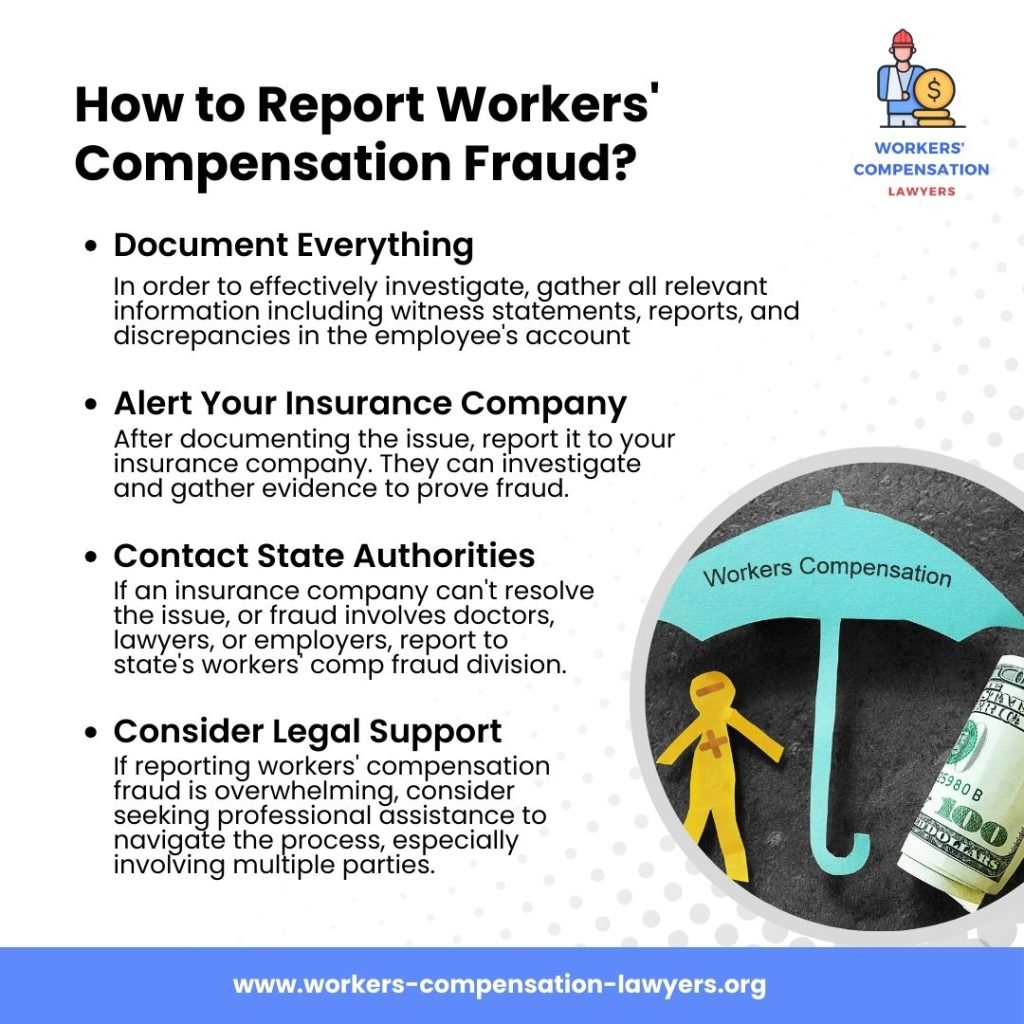
If you suspect that workers' compensation fraud is occurring, taking the proper steps to report it is essential. Here's a guide on how to do so:
- Document Everything
Start by gathering as much information as possible. This includes witness statements, accident reports, and any inconsistencies in the employee's story. Pay close attention to unusual details, such as when the injury occurred, how it was described, and whether other employees saw it.
- Alert Your Insurance Company
Once you’ve documented the issue, report it to your insurance company. They will be able to launch an investigation and take appropriate action. Insurance companies have teams dedicated to investigating fraudulent claims and can help gather the evidence to prove fraud.
- Contact State Authorities
Suppose your insurance company cannot resolve the issue, or you believe the fraud involves doctors, lawyers, or employers. In that case, you can report the scam to your state’s workers' compensation fraud investigation department. Each state has a department that handles fraud cases and investigates dishonest claims.
- Consider Legal Support
Reporting workers' compensation fraud can be complex. If you need help navigating the process, especially in fraud involving multiple parties, it may be time to seek help from a professional, such as Workers' Compensation Lawyers.
Trust Workers' Compensation Lawyer to Protect Your Rights
If you suspect workers' compensation fraud or need help with your claim, Workers' Compensation Lawyers is here to help. Navigating the legal process can feel overwhelming, especially when fraud or disputes are involved. A knowledgeable workers compensation law firm will guide you, ensuring your case is well-documented and your rights are protected.
Curious about your average workers comp settlement or how much you might receive? Experienced attorneys can break it down for you and answer important questions like "How Much Does Workers Comp Pay?" They are skilled in handling Workers Compensation Claims and Lawsuits and will work tirelessly to get the benefits you deserve.
For more valuable information, check out our latest blog, "Workers' Compensation and Medical Bills: What's Covered and Not?". This helpful guide explains which medical costs workers’ compensation covers and what might not be included. It’s an excellent resource if you’re exploring your workers’ comp rights and options.
Contact us today to schedule a consultation, and let us end workers' compensation fraud's deceptive and costly effects.
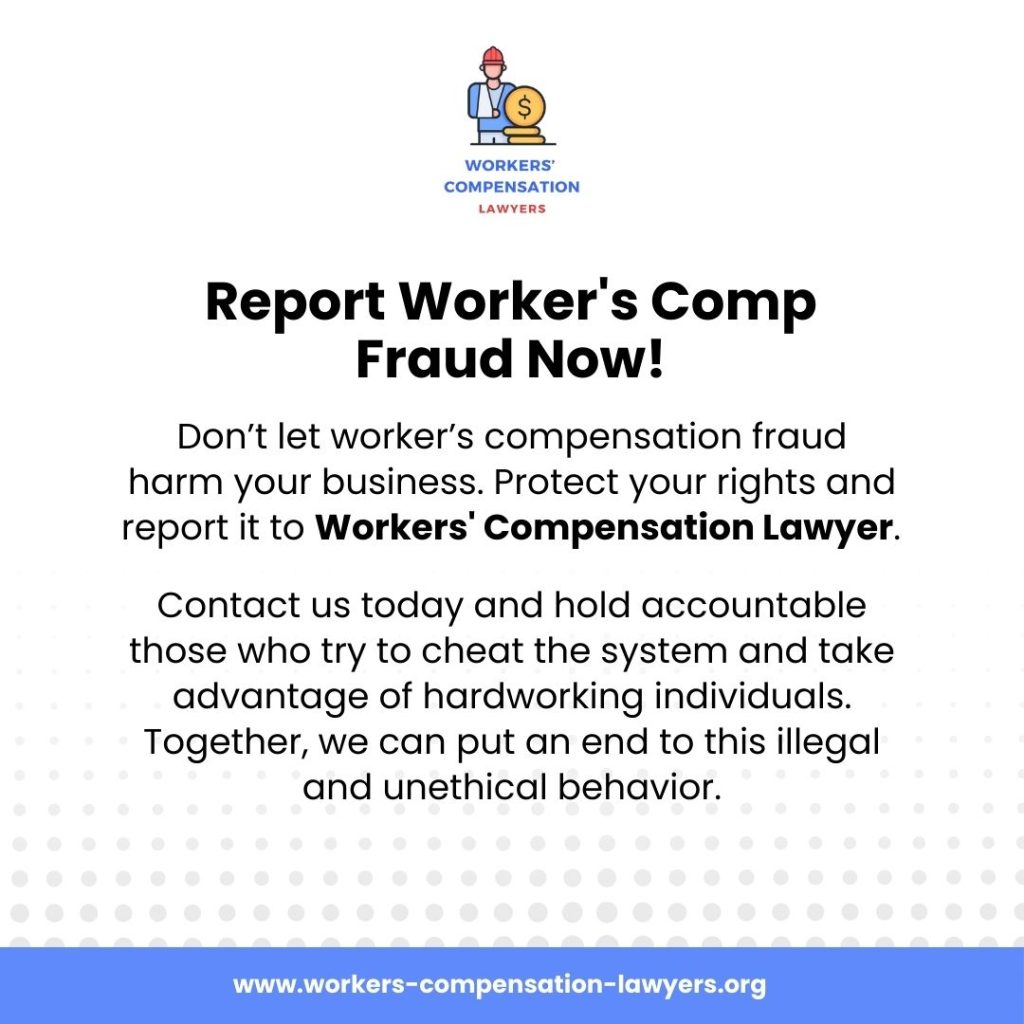
***
The material on this site is for informational purposes only and DOES NOT CONSTITUTE THE PROVIDING OF MEDICAL ADVICE, and is not intended to be a substitute for independent professional medical judgment, advice, diagnosis, or treatment. Always seek the advice of your physician or other qualified healthcare provider with any questions or concerns you may have regarding your health.
